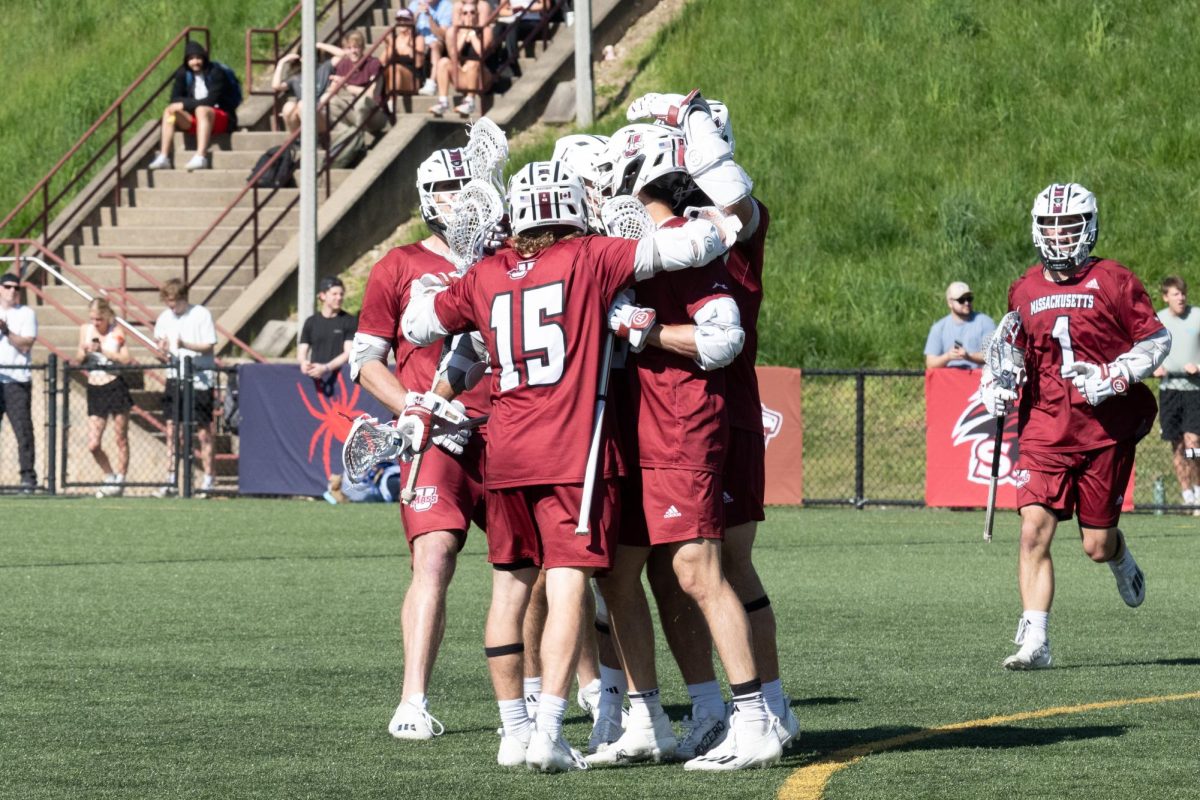It seems strange, champions of democracy that we are, that we have such a terribly difficult time holding an untarnished election. We’ve never even reached the point where claims of voter fraud and disenfranchisement have been spread throughout media outlets. No, this time it is some boneheaded moves by Democratic Party state officials in Florida and Michigan.
Last year, Michigan and Florida chose to hold primaries on Jan. 15 and 29, respectively, earlier than national party rules allow under the “Let’s make New Hampshire Important” bylaw.
It was stupid then, but at the time, nobody foresaw the dead heat that Senators Hillary Clinton and Barack Obama would be locked in. Now it has moved past the stupid stage and right on into crisis territory.
As the Daily Show humorously, though crudely, called it, this situation really has become a “Clusterf*** to the White House.” With the two remaining contenders so close, every remaining delegate is now more important than ever. By holding their primaries early, however, the national party stripped Florida and Michigan of their 366 combined delegates.
Abiding by party rules, neither candidate campaigned in these two states; Obama was not even on the Michigan ballot. As a result of these restrictions, Clinton carried both states, though it did not matter at the time.
Both candidates must now reach some agreement over how to proceed from here. Democratic National Committee chairman Howard Dean has already made it clear that delegates will not be seated based on the January vote, saying, “You can’t change the rule in the middle of the game.”
At this point, the only fair way to proceed is to hold a “do-over.” Unfortunately, such a prospect is surprisingly expensive; costing at least $20 million in each state and nobody has been jumping to pay for it. Still stubborn, neither Michigan’s nor Florida’s state Democratic Party is willing to pony up the cash.
Dean has also said that he will wait for the states to devise a solution and not hand one down from the national level; meanwhile, the states have an opposite view of the situation. Presumably, this has much less to do with stepping on anyone’s toes and more that the states hope that a national solution will magically include national party money.
In this case, the fault lies entirely with Michigan and Florida. Given recent memory, is anybody really surprised Florida would find a way to foul up another election? While the choices to hold too-early primaries were made by the state party leaderships, voters in those states certainly could have made their feelings known.
The DNC made its decision in late August and gave the states a 30-day period in which to remedy the situation. Even if the problem had been fixed after the 30-day limit, chances are very good that the penalty would have been removed anyway simply so that the nomination process could go forward without any reservations.
As silly as the DNC’s rule about no primaries before Feb. 5 might be, an election year is not the time to change party rules. Many states have also waited until the last minute to try new voting machines mandated after 2000’s electoral malfeasance. All that has gotten us is scandal after scandal involving Diebold and easily hacked and modified electronic voting machines.
In our two party system of government, the national parties have a lot of power and control over how primaries are conducted. It’s also understandable that they would want to maintain some modicum of control over the primary schedule. Even with oversight, we’ve seen the primaries pushed ever earlier into the year.
The individual states do this for largely selfish reasons; wanting their votes to matter more on the national stage. This is not a bad reason and, if anything, it points to a serious flaw in how we conduct our primaries. But early primaries have a worse effect that the states seem happy to ignore.
The longer the campaign lasts, the more money it will consume. The vast sums of money that must be raised by each candidate do far more damage to our system than a fight over who gets to vote before New Hampshire.
It’s a mess, to be sure: missing delegates, super delegates, push polling, disenfranchisement, phone jamming and so on. With all of these problems, maybe having some U.N. monitors wouldn’t be so bad.
Having some neutral observers might make the parties behave better. If recent history has demonstrated one thing time and again, it’s that Republican Party operatives might be masters at ruining somebody else’s votes, but Democrats are clearly the masters of damaging their own.
John Gruenenfelder is a Collegian columnist. He can be reached at [email protected].






